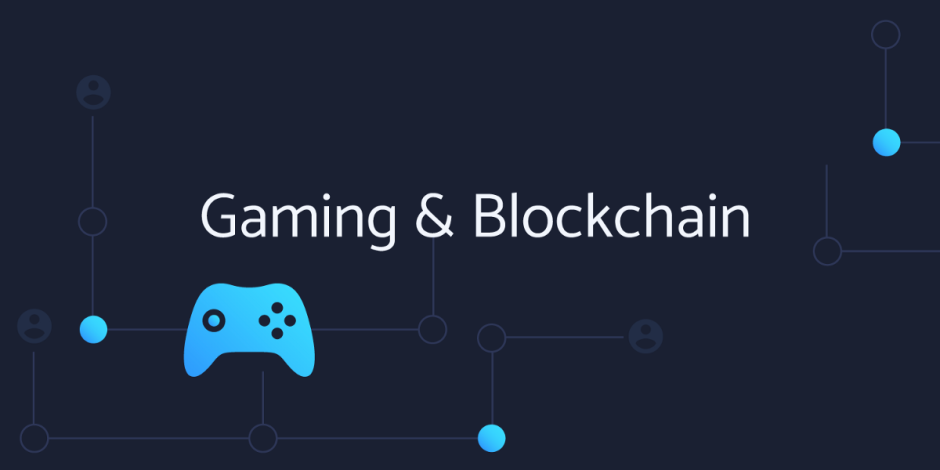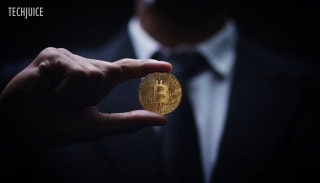For quite a while the terms ‘crypto’ and ‘blockchain’ have really created a buzz for the past few years, however, this has gone to the extent that even the gaming industry is slowly adopting the concept of blockchain to gaming to a massive extent. In a nutshell, the ‘play-to-earn’ gaming titles are slowly on the rise.
However, the real question is how can gaming and blockchain come together in the first place? The answer to this question normally revolves around attaining certain assets more commonly known as Non-Fungible Tokens (NFTs). If you aren’t aware of NFTs you can simply head to the link below to know everything NFT related in detail.
Read More: NFTs explained (techjuice.pk)
What normally happens with these blockchain-based games is that either they are free to play or you have to pay some upfront cost in crypto in order to play the game. Once you are in the game, the game will allow you to interact with certain collectibles, items, cosmetics, and weapons in the form of NFTs. However, this may seem similar to the usual microtransactions where players can simply purchase a skin or a weapon or even an entire downloadable content via regular money or in-game currency but the major difference is that every item and collectible in the blockchain games are stored in a public blockchain with Ethereum the most popular kind. The advantage of this for the person playing the game is that if the game studios and their developers decide to make changes to the game or even pull the plug from the servers, the item that you earned will still be present in the blockchain. In simpler words, if the game content doesn’t even exist all the items will still belong to you and it will have value as long as there is demand for it.
The benefit doesn’t stop there as you can take the assets from the public blockchain and use it in another game which is also a win-win for the developers in a game studio as they have to do less legwork on this. What this means is that you could potentially use a Fortnite skin and use it in a game such as Battlefield, Warzone, Call of Duty, and vice versa. This allows game studios to make more money than usual as some gamers in the world are more interested in owning collectibles and items rather than just having immersive gameplay.
However, to every upside, there is a downside as regardless of whether you can make money off the game, NFTs can still be a bit off as anything can be turned into an NFT and some NFTs just don’t have much of a value at the end of the day. Another concern with blockchain games is that you might see yourself paying more than usual to get a competitive advantage in multiplayer games. This issue was so grave that Valve has banned a few blockchain games from its stores.
This has even exceeded to the point where developers of a game studio sold the items (which were NFTs) before the game was even released and the developers just went away with the studio’s money. Regardless of these concerns, studios such as Electronic Arts, Ubisoft, and more are already sinking their teeth into this new ecosystem of gaming.
The future of blockchain-based games is still rather unsure as users are concerned that gaming might become more difficult to immerse into due to items that have cost nearly up to $1000 just for the sake of a competitive edge. As far as Pakistan goes, once the future of the crypto ecosystem is rather brighter hopefully we might see such games becoming available for the country as well.












